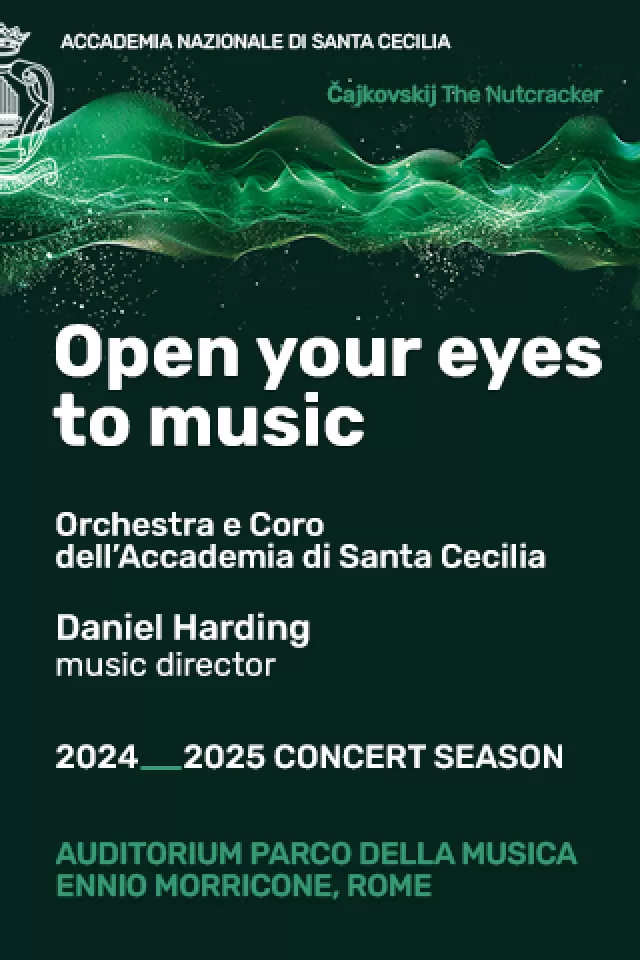Sea fresh or from the farm?
It should have swollen eyes, if you prod it the flesh should be as compact as a hardened muscle, and it should have a tang of the sea about it. When cooked but not too much it should be just as firm, and its freshness is all in the fragrance. As to where to find it, Id send a friend to Andrea Sattas on the wharf at Fiumicino.
So spake Massimo Riccioli, a specialist in Rome on the tricky subject of fish and the young owner of La Rosetta, the up-market fish restaurant in the street of the same name leading off from the square in front of the Pantheon. Today La Rosetta, with a star in the Michelin Guide, stands for nearly everything that fish in Rome is not.
For people like this writer who supposed that Rome, being close to the sea, would have a long tradition of fish behind it, Riccioli had news. Until recently, the Romans knew nothing at all about fish, except for the usual salted baccal and mussels. People were poorer then, and fish has always meant money.
The last residents to be mad about fish were the rich of the Roman empire, when sturgeon was considered fit for the emperors themselves. During the campaign against the Parthians, Trajan had fresh oysters delivered to him from near todays Bordeaux.
One thing Riccioli guarantees which most other places cannot, is that all his fish is landed from Italian boats. Its now eight oclock. The Anzio delivery came in an hour ago. The Civitavecchia catch should be here any minute. His fish, therefore, is extremely fresh. Fish thats a day old can still be totally palatable, but by then it has already lost ten per cent of its flavour.
He applies his dictum almost masochistically, charging 60 per cent less for fish served at lunchtime from the night before, that is.
How much more of its flavour must a fish have shed if, unidentified, it is placed before you in another Rome restaurant and turns out to have been flown in from distant Thailand? According to Italys Lega Pesca, Thailand is the countrys eighth biggest supplier of foreign fish, preceded, in descending order, by Spain, Denmark, Holland, France, Peru, Greece and Germany. Somewhere much further down the list is Britain.
In fact, nearly 60 per cent of the fish that ends up on Roman tables is non-Italian and the proportion looks set to rise. This, says the Lega, is because recently Italian catches have slumped dramatically, and it forecasts the trend will persist as fishing fleets are cut back, reflecting dipping profits. Being an expensive item, its the first thing people do without, explained a spokesperson. And, asked how much fish made it into Rome from the Lazio coast, a speaker for Secondo Masaniello, one of Romes biggest fish wholesalers, replied laconically: Hardly anything.
It is a trend that echoes what Fulvio Cerutti, a 28-year-old electronic marketing expert, calls the increasing internationalisation of the fish market, with catches from all over the world auctioned through the internet while trawlers bristling with high-tech gadgetry are still ploughing the high seas.
Of course Riccioli, in his wood-panelled kingdom glinting with silver-plated platters and tureens, infers such wonders would be beneath contempt for his establishment. La Rosetta is a place where even the newest of its courteous, black-aproned staff can tell an Adriatic fish from a Tyrhenian brother, the former, from a sandy, shallow sea, being far lighter than the latter, which emerges highly coloured from its deeper and colder abode.
This is the kind of expertise provided, along with up to 50 different types of fish, and with oysters trucked in from France twice a week. A dinner with a good bottle of white would set a couple back 250-300.
Naturally, the waiters would call the police if any beastie bred on a fish farm tried to gatecrash its way in, but Luca Dimascio from behind the fish counter in a SMA supermarket said farmed fish were precisely what most of his customers went for, as they cost about one third of the price of sea fish proper. Only about one in 50 of the stores customers make a beeline for fish and, under the law, tags tell them which sea they came from and whether or not they were farmed. They dont tell you in restaurants, of course, so you cant really be certain what youre eating, he said. A farmed orata at SMA cost under 8 and its counterpart from the deep blue about 22. Bearing out the Lega Pesca, there was variety: fillet of cod from Norway, sole from Denmark, pre-cooked prawns from France. Dimascio said fish stayed with them for up to two days, though the choicest such as spigola, orata or dentice could hang on for up to three days.
La Rosetta, Via della Rosetta 9, tel. 066861002. Closed Sat lunch and Sun.
Glossary
Alici - Fresh anchovies
Baccal - Dried cod
Cefalo - Grey mullet
Cernia - Grouper
Dentice - Sea bream
Merluzzo - Fresh cod
Orata - Gilt-headed sea bream
Rombo - Turbot
Spigola - Bass
Storione - Sturgeon
Scaro - Parrot fish
Sogliola - Sole
Sgombro - Mackerel
Scorfano - Scorpion fish
Triglia - Red mullet
Tonno - Tuna fish
Picture: Fish on sale in Rome comes from as far afield as Peru and Thailand,
but hardly ever from the Lazio coast.





















